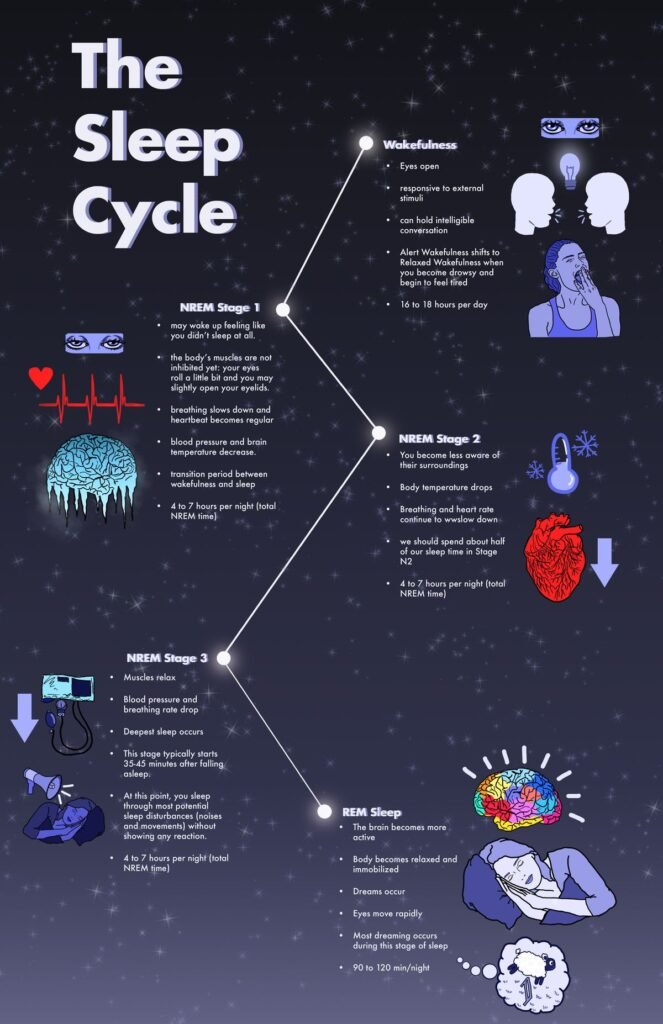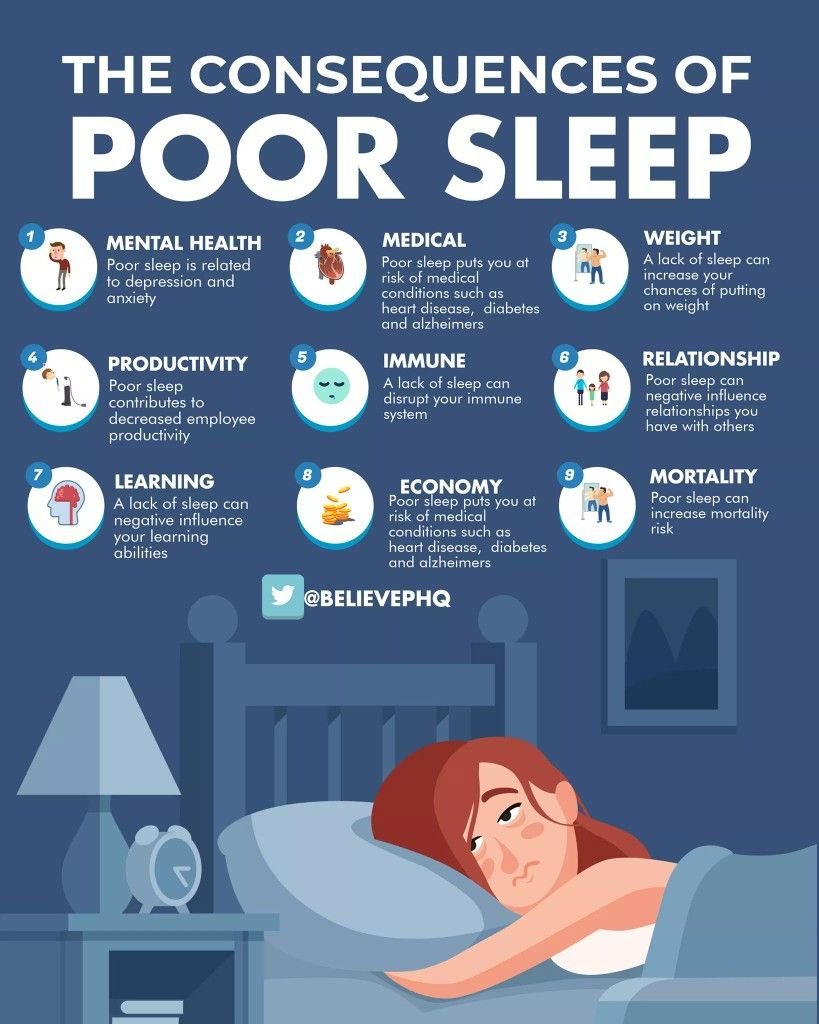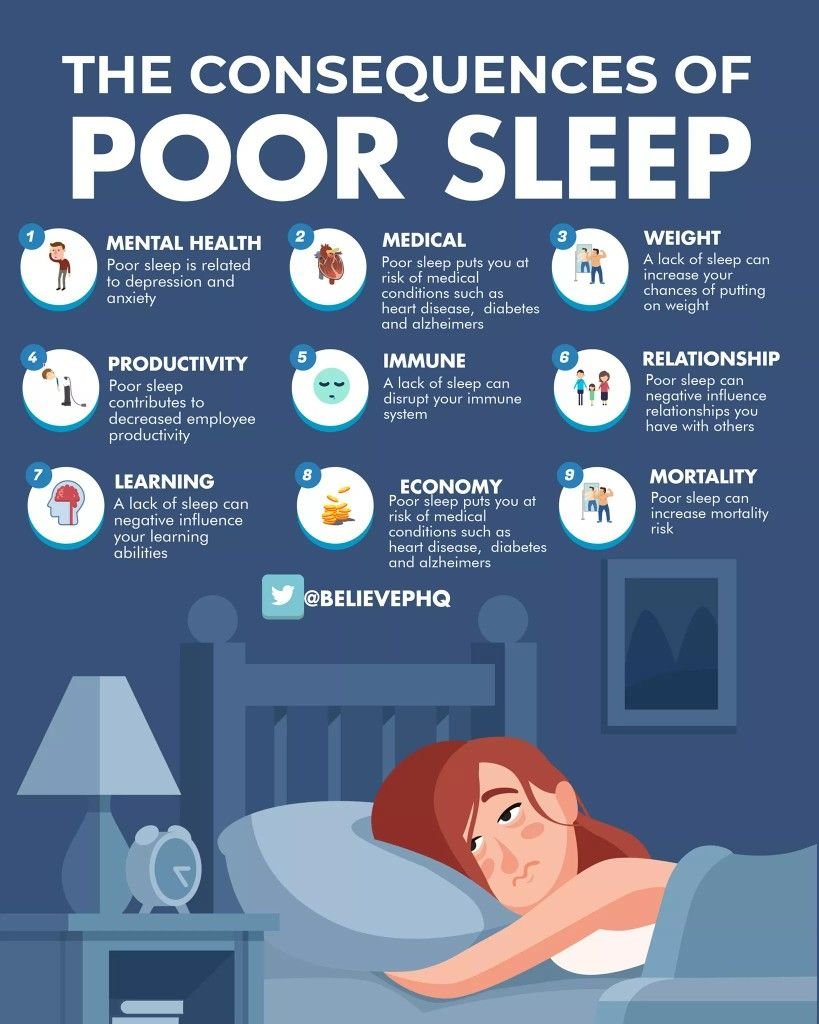How Many Hours of Sleep Should I Get Every Night?
In the relentless pursuit of peak performance and optimal well-being, one question consistently looms large: “How many hours shall I sleep every night?” It’s a query that resonates with virtually every individual, from the bustling professional to the student burning the midnight oil. In our fast-paced world, where “busyness” is often lauded, the importance of a good night’s sleep can be tragically underestimated. Yet, as “Wellness Warriors,” we understand that sleep is not a luxury, but a fundamental pillar of overall health. This comprehensive guide will dissect the science behind sleep duration, explore the detrimental effects of sleep deprivation, and empower you with practical strategies to achieve the right amount of sleep for your unique needs.
The Science of Sleep: More Than Just Shut-Eye

Before we delve into specific recommendations, it’s crucial to grasp the intricate dance of the sleep cycle. Sleep isn’t a passive state; it’s a dynamic process involving distinct sleep stages that are vital for both physical health and mental restoration. These stages are broadly categorized into NREM sleep (Non-Rapid Eye Movement) and REM sleep (Rapid Eye Movement).
NREM sleep itself is further divided into three stages:

NREM Stage 1 (N1):
This is the lightest stage, where you drift in and out of sleep, easily awakened. Brain waves begin to slow, and muscle tone is still present.
NREM Stage 2 (N2):
Your body starts to relax more deeply. Eye movement stops, heart rate slows, and body temperature drops. This stage prepares you for deeper sleep.
NREM Stage 3 (N3), or Slow-Wave Sleep (SWS):
This is the deepest and most restorative stage of NREM sleep, characterized by very slow brain waves (delta waves). It’s during this stage that your body repairs tissues, strengthens the immune system, and consolidates memories. Waking up during this stage can leave you feeling groggy.

Following the NREM stages, you enter rapid eye movement (REM) sleep. During REM, your brain activity picks up, mirroring wakefulness, and most vivid dreams occur. While your brain is highly active, your muscles experience a temporary paralysis, preventing you from acting out your dreams. REM sleep is crucial for emotional processing, learning, and memory consolidation.
A full sleep cycle typically lasts around 90 to 110 minutes, and throughout a full night’s sleep, you’ll cycle through these stages multiple times. The proportion of time spent in each stage shifts throughout the night, with more deep sleep in the earlier cycles and longer REM periods towards the morning.
The Recommended Hours of Sleep: A Spectrum, Not a Single Number

The number of hours of sleep a person needs varies significantly based on different age groups and various factors. While general guidelines exist, it’s important to remember that these are just that: general guidelines.
According to the National Sleep Foundation and other prominent sleep researchers like those at the Mayo Clinic, the recommended amount of sleep for healthy adults (18 years and older) is 7 or more hours a night. For teenagers (13-18 years), 8-10 hours are recommended, and children require even more.
Here’s a breakdown of the typical recommendations:
- Newborns (0-3 months): 14-17 hours
- Infants (4-11 months): 12-15 hours
- Toddlers (1-2 years): 11-14 hours
- Preschoolers (3-5 years): 10-13 hours
- School-aged Children (6-13 years): 9-11 hours
- Teenagers (14-17 years): 8-10 hours
- Adults (18-64 years): 7-9 hours
- Older Adults (65+ years): 7-8 hours
It’s important to note that some individuals may fall outside these ranges and still feel well-rested and functional. This highlights the concept of individual sleep needs. The ultimate indicator of enough sleep is how you feel and function on the next day. Are you alert, focused, and energized, or do you experience daytime naps or persistent fatigue?
The Perils of Too Little Sleep: Understanding Sleep Debt

In the United States and many other developed nations, a significant portion of the population consistently gets less sleepthan the recommended amount of sleep. This accumulation of insufficient sleep leads to what’s known as sleep debt. Much like financial debt, sleep debt accrues over time and has serious repercussions for your overall health.
The effects of sleep deprivation are extensive and well-documented. A chronic lack of sleep can significantly increase your higher risk of developing numerous health issues and health conditions, including:
- Heart disease: Insufficient sleep is linked to high blood pressure, irregular heart rate, and an increased risk of cardiovascular events.
- Weight gain: Sleep deprivation disrupts hormones that regulate appetite, often leading to increased cravings for unhealthy foods and, consequently, weight gain.
- Diabetes: Chronic little sleep can impair insulin sensitivity, increasing the risk of developing Type 2 diabetes.
- Weakened Immune System: Your immune system relies on sleep to produce protective cytokines and infection-fighting antibodies. Without enough sleep, you become more susceptible to illness.
- Cognitive Impairment: Memory, concentration, problem-solving, and decision-making abilities are all negatively impacted by lack of sleep. This can lead to reduced productivity and an increased risk of accidents.
- Mood Disorders: Sleep deprivation is strongly linked to irritability, anxiety, and depression. Emotional processing is compromised without adequate rest.
- Sleep Disorders: While sleep deprivation isn’t a sleep disorder itself, chronic insufficient sleep can exacerbate or contribute to the development of conditions like insomnia or obstructive sleep apnea.
Can You Get Too Much Sleep? The Risks of “Much Sleep”

While the focus is often on the dangers of too little sleep, it’s also possible to get too much sleep. Regularly sleeping more than the recommended hours of sleep (e.g., consistently more than 9 hours for adults) can also be associated with certain health problems, including:
- Increased risk of chronic diseases: Similar to sleep deprivation, oversleeping has been linked to an increased risk of diabetes, heart disease, and obesity.
- Depression: Hypersomnia (excessive sleepiness) can be a symptom of depression, and oversleeping can sometimes worsen depressive symptoms.
- Lower energy levels: Paradoxically, too much sleep can leave you feeling more tired and sluggish throughout the next day.
It’s crucial to differentiate between natural variations in sleep needs and persistent oversleeping that signals an underlying issue. If you consistently require an excessive number of hours of sleep and still feel fatigued, it’s advisable to consult a healthcare provider.
Cultivating Quality Sleep: Your Path to Restful Nights

Achieving the right amount of sleep isn’t just about the sleep duration; it’s about the quality of your sleep. Even if you spend the recommended amount of sleep in bed, if your sleep patterns are constantly interrupted or shallow, you won’t reap the full benefits. Here are key strategies to promote quality sleep:
1. Establish a Regular Sleep Schedule: This is paramount. Go to bed and wake up at the same time every day, even on weekends. This consistency reinforces your body’s circadian rhythm, your natural sleep-wake cycle.
2. Create a Relaxing Bedtime Routine: Signal to your body that it’s time to wind down. This might include a warm bath, reading a book (not on electronic devices), gentle stretching, or meditation. Avoid mentally stimulating activities or work at the end of the day.
3. Optimize Your Sleep Environment: Your bedroom should be a sanctuary for restful sleep.Darkness: Minimize all light. Use room-darkening shades if necessary. Even small amounts of bright lightscan disrupt melatonin production.Quiet: Block out noise with earplugs or a white noise machine.Cool Temperature: Most sleep researchers recommend a cool bedroom, typically between 60-67°F (15-19°C).
4. Darkness: Minimize all light. Use room-darkening shades if necessary. Even small amounts of bright lightscan disrupt melatonin production.
5. Quiet: Block out noise with earplugs or a white noise machine.
6. Cool Temperature: Most sleep researchers recommend a cool bedroom, typically between 60-67°F (15-19°C).
7. Mind Your Diet and Drinks:Avoid Caffeine and Alcohol: These substances can disrupt sleep patterns and sleep stages, even if they initially make you feel drowsy. Limit them, especially in the afternoon and evening.Steer Clear of Heavy Meals Before Bed: A big meal close to bedtime can lead to indigestion and discomfort, hindering good sleep health.
8. Avoid Caffeine and Alcohol: These substances can disrupt sleep patterns and sleep stages, even if they initially make you feel drowsy. Limit them, especially in the afternoon and evening.
9. Steer Clear of Heavy Meals Before Bed: A big meal close to bedtime can lead to indigestion and discomfort, hindering good sleep health.
10. Limit Daytime Naps Strategically: While short, strategic daytime naps can be beneficial, long or late-afternoon naps can interfere with nighttime sleep.
11. Incorporate Regular Physical Activity: Engage in physical activity during the day, but avoid vigorous exercise too close to bedtime.
12. Manage Stress: Stress and anxiety are major culprits of poor sleep. Explore stress-reduction techniques like mindfulness, yoga, or journaling.
13. Limit Blue Light Exposure: The blue light emitted from smartphones, tablets, and computers can suppress melatonin. Aim to switch off electronic devices at least an hour before bed.
14. Keep a Sleep Diary: If you’re struggling to identify what’s affecting your sleep, a sleep diary can be a helpful tool. Track your sleep time, wake-up time, and any factors that might have influenced your quality of your sleep.
15. Know When to Seek Professional Help: If you consistently experience signs of sleep deprivation despite implementing good sleep health practices, or if you suspect you might have a sleep disorder like insomnia, restless legs syndrome, or obstructive sleep apnea, consult a healthcare provider. They can offer accurate health information, conduct sleep studies, and recommend appropriate treatments. Resources like the gov website for health information can also provide helpful starting points.
The Wellness Warrior’s Commitment to Sleep
As “Wellness Warriors,” our commitment to health extends beyond diet and exercise to the often-overlooked realm of sleep. Understanding how many hours we shall sleep every night, and recognizing the profound impact of both too little sleep and too much sleep, empowers us to make informed choices. By prioritizing quality sleep and adhering to a regular sleep schedule, we not only safeguard our physical health but also enhance our cognitive function, emotional well-being, and overall resilience.
Embrace the power of a good night’s sleep. It’s not merely about closing your eyes; it’s about recharging your entire being for the battles and triumphs of the next day.

